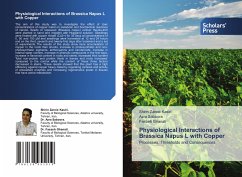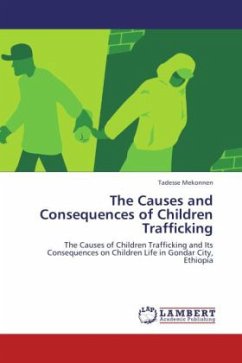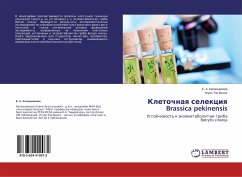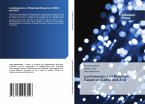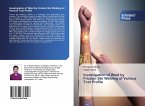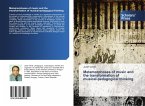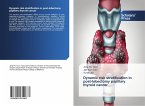The aim of this study was to investigate the effect of toxic concentrations of copper metal on metabolic and biochemical reactions of canola. Seeds of rapeseed (Brassica napus) cultivar Hayola-400 were planted in sand and irrigated with Hoagland solution. Seedlings were treated with copper nitrate (Cu2+) for 35 days at concentrations of 0, 50 and 100 miM and seedlings were harvested at 12 and 24 hours and on the third, seventh and twenty-first days after treatment and a set of experiments. The results of this study show more accumulation of copper in the roots than shoots, increase in photosynthetic and non-photosynthetic pigments, anthocyanins and carotenoids, increase in relative water content, increase in phenolic compounds in the first days, increase in flavonoid content in roots and stems. Increased thiol content Total non-protein and protein thiols in leaves and roots increased compared to the control while the content of these three factors decreased in stems. These results showed that this plant has a high efficiency against copper heavy metal by regulating osmosis and activity of antioxidant enzymes and increasing regenerative power in tissues that have active metabolism.

